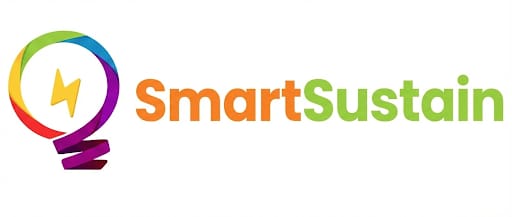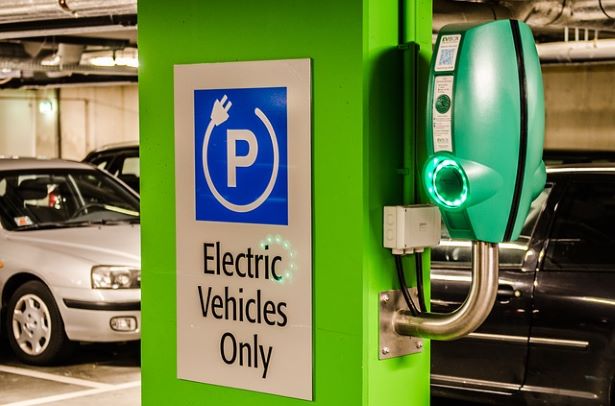The transition towards electric mobility has become one of the major initiatives undertaken by the Government of India (GoI) to strengthen its effort towards the reduction of carbon emissions. The “Technical Study of Electric Vehicles and Charging Infrastructure” has been conducted by the consortium led by Ernst and
Young LLP (EY) under the directions of the Ministry of Power (MoP) and the guidance of the Bureau of Energy Efficiency (BEE).
The study undertaken by the Bureau of Energy Efficiency (BEE) involved a consortium of consultants led by Ernst &
Young LLP to conduct a study encompassing the technical and commercial aspects of sustainable operations of EV charging infrastructure by taking a cue from business
models that are prevalent globally, technological interventions as well as technical and testing standards. It also includes assessments on the degree of federal support required and the role distribution utilities play in facilitating the growth in advanced markets such as United States (the US), Germany, Finland, China, and Japan. The study further dives into the development and assessment of the commercial viability of business models for EV charging infrastructure.
Key findings of the study are mentioned below:
- To boost EVs’ demand in India, the government should focus on both fiscal and non-fiscal impediments.
- Initial deployment of charging infrastructure should not be seen from the lens of generating profits rather as an opportunity to build a market and get customers accustomed to the e-mobility ecosystem.
- The government is likely to consider providing financial and non-financial incentives to charge point operators (CPO) to encourage charging infrastructure deployment at the center, states, and cities.
- Early adopters are expected to be from the urban ecosystem with major sales
coming from the metro cities led by mass-mobility requirements and considerably
high disposable income levels. City-level ecosystem development initiatives are likely
to play an important role in adopting electric mobility solutions and supporting their
uptake. - In a zero-subsidy scenario, the government may consider providing tax rebates and tax holidays, lower Goods and Service Tax (GST) on electric vehicles, charging stations and associated components, and on services rendered by charging infrastructure operators. Waivers on road tax and income tax benefits may also be
considered.
“We have tried to address the concerns of EV owners in new guidelines,” said R.K Singh, Union Minister of State for Power and New and Renewable Energy (IC) and Skill Development & Entrepreneurship He hopes that the revised guidelines will encourage faster adoption of EVs in India.














Add Comment